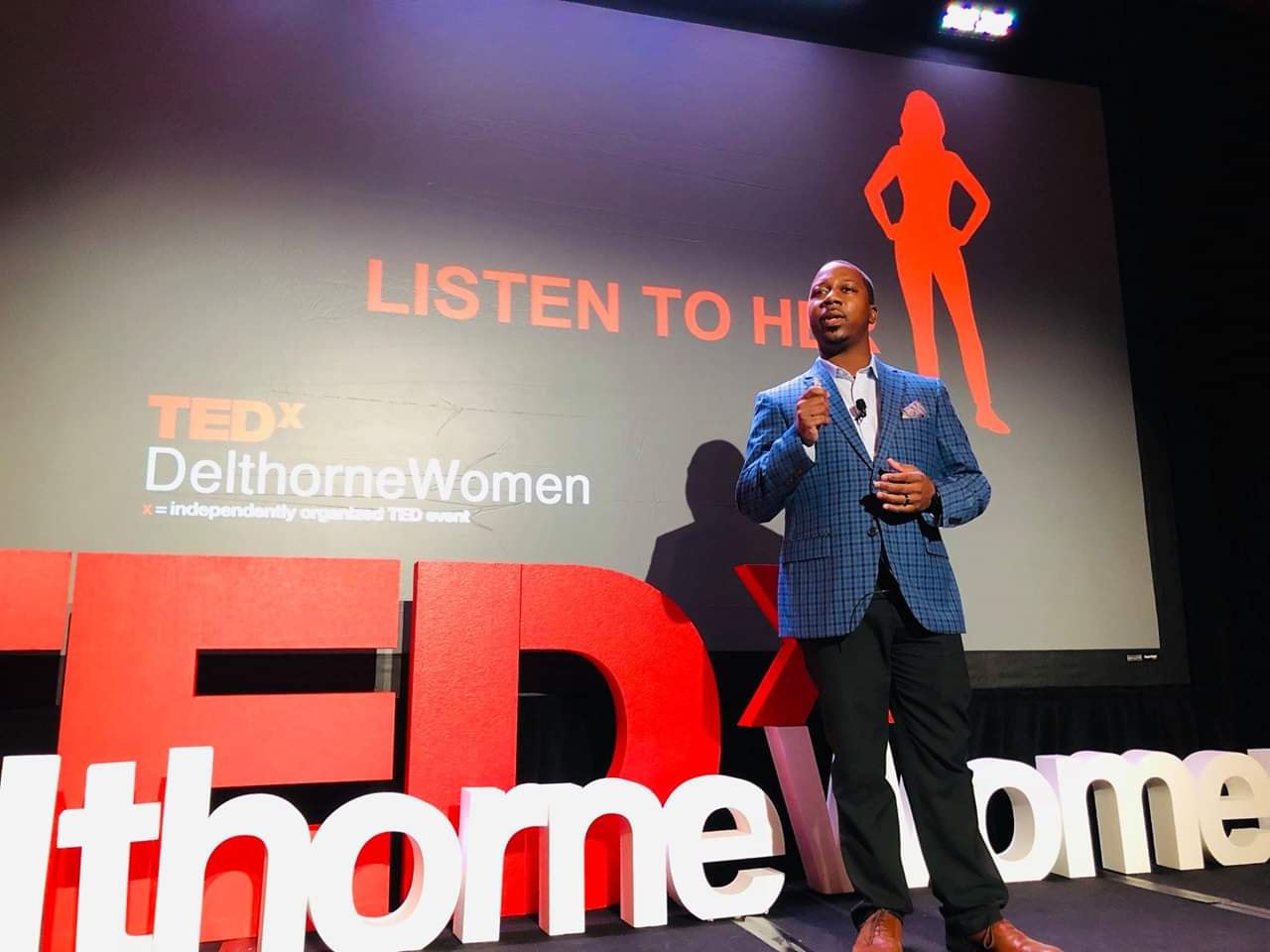If you keep track of the news, you’ll know that modern consumers have become hyper-sensitive to race issues. On social media, activists and housewives alike offer opinions on everything from Black Lives Matter protests to the presence of neo-Nazis on the internet. Racism is making a comeback (or has never left, depending on whom you listen to). For companies, this represents a unique challenge. Some set their sights on avoiding the conversation altogether, preferring to steer clear of potential missteps. Others are using this time as an opportunity to reach consumers by showing consciousness on the issue. The rise of these so-called “woke” businesses brings to bear many questions, including: How should companies navigate difficult issues of race in the modern world?
Here are six keys to consider to help your company be more conscious and considerate.
1. A company’s message will be received according to its organizational context
Companies that have a long history of doing the right thing will get a benefit of the doubt from consumers. This means that those companies that have embraced diversity not only in entry-level hiring, but also in executive hiring will have an easier time making statements on racism in the US. If you want your company’s message to be received the right way, build up your social capital by doing the right thing.
2. Alignment between product and message
One of the examples of building a brand through race-conscious messaging comes from the NBA’s Steve Kerr and Gregg Poppavich. The two coaches have a responsibility to their teams, which are both comprised mostly of African-American players. When they speak on race and condemn racism, they’re doing so as men involved in a league that many believe has mostly made its money on the back of Black labor. Their relationships with players on the Warriors and Spurs provide these coaches with the credibility needed to speak up on tough topics. Businesses can learn something from this. If they’re selling a product to African-American consumers or have otherwise interacted closely with the African-American community, they may have more credibility on these issues.
3. Avoid piling on in the face of pain and tragedy
One of the biggest mistakes a company can make is to try to score marketing points in the wake of tragedy. While condemning racism and violence is important, companies that do so without any context in the wake of a death can be seen as opportunistic. Corporate messaging may be seen as an intrusion in those situations.
4. Brave, risk-taking behavior can help
Some corporate CEOs have stopped working with the White House in order to show their dissatisfaction with the current state of race relations in America. These CEOs have been lauded for their efforts. Mostly they are benefiting from the perception that they took a risk and put themselves on the line for something they believed in. In a world where empty talk is the norm, the willingness to put some skin in the game can help a company stand out and establish itself as legitimate.
5. Messaging guided by people of color
Modern race discourse focuses in some ways on not only what is being said, but also who is saying it. Given that much of the discourse has been led by white people for decades, many appreciate those companies that amplify the voices of people of color. As a business that’s trying to stay relevant during an especially difficult time for messaging, having people of color guide the marketing is important. Not only will this signal to the public that the company is serious about getting things right, but it will also allow companies to tap into the current feelings of minority communities around the country.
6. Backing up words with dollars
Former basketball star Michael Jordan, now the owner of the Charlotte Hornets, donated millions of dollars to causes related to racism recently. This demonstration of corporate social responsibility was more meaningful than a simple tweet or a few pointed words. He gained positive attention for himself and his team’s brand because he put money behind those words. Many who work in the field of race relations will tell you that organizations need more than just vocal support today. When advocacy and lobbying are two of the primary costs of social change, impactful nonprofits need money. The consuming public will take notice when cash is involved. It’s a way of raising the ante with your corporate social responsibility.
Getting it right on corporate social responsibility is hard. It’s especially hard during an era where consumers are hyper-conscious of the race issues around them. While it makes sense for some companies to stay out of the fray because they lack the competency to message in this space effectively, other companies can leverage the opportunity and do some good. Keep these six keys in mind if you’re interested in navigating the public discourse in the modern world.

